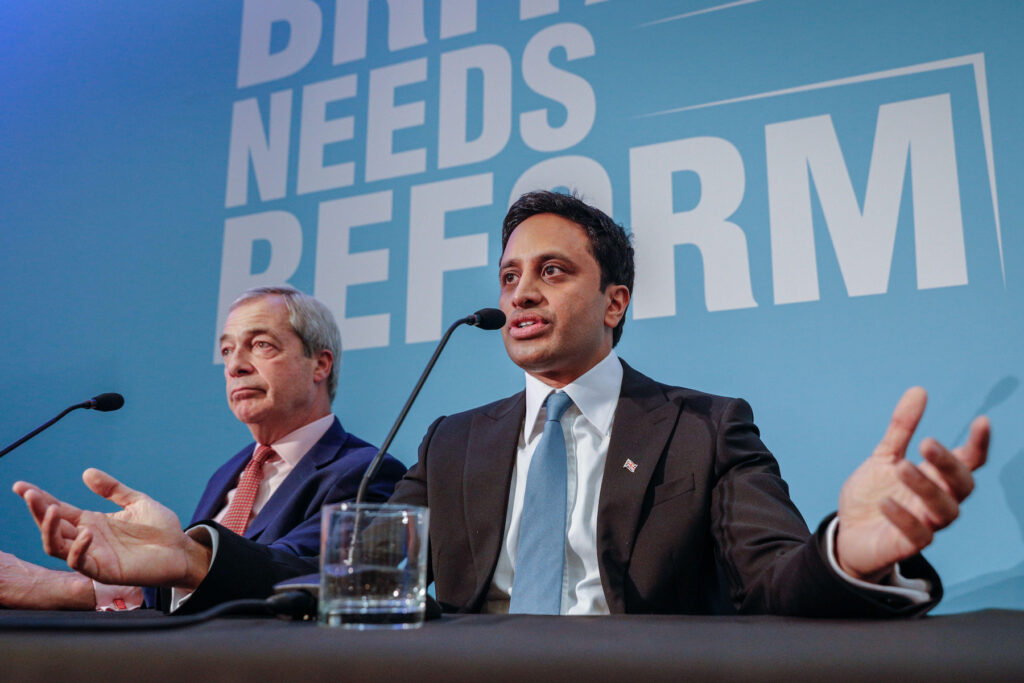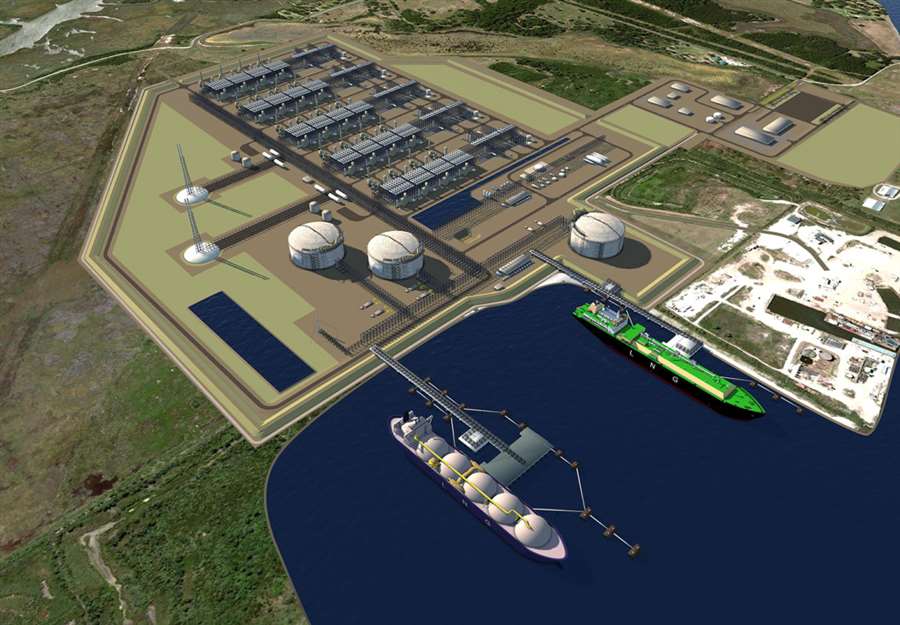A dozen Democratic lawmakers on the House Natural Resources Committee want to know if shale drillers could see their oil and gas leases and operations on federal lands suspended amid allegations that the companies may have colluded to drive oil prices up.
“Such market manipulation would have enormous impacts on the price of gas paid by working families across the country,” the lawmakers wrote in a July 9 letter to the Department of the Interior.
The lawmakers, who include Democratic representatives like Arizona’s Raul Grijalva and California’s Katie Porter, cited evidence that the Federal Trade Commission uncovered during its roughly six-month review of an ultimately successful merger between ExxonMobil and Permian shale giant Pioneer Natural Resources, and class action litigation alleging at least eight major shale producers engaged in antitrust violations.
Subscribe to our newsletter
Stay up to date with DeSmog news and alerts
The letter to Interior calls attention to federal rules that let the government suspend or break off contracts with companies that engage — or are suspected of engaging — in a wide range of wrongdoing, including antitrust violations.
The lawmakers asked Interior officials to weigh in on whether companies named in the class action litigation could be “permanently barred from obtaining future leases” on federal lands.
They also questioned whether any of the companies might be “barred not just from obtaining future leases but from operating on public lands and waters” if they were found civilly or criminally liable for antitrust violations.
Federal regulators have previously suggested that oil and gas leases could potentially be affected by collusion convictions, the letter notes. Not long after the FTC’s investigation results were made public in May, Bureau of Ocean Energy Management Director Liz Klein was asked about oil and gas leases during a Congressional oversight hearing.
“If a company is found guilty of something like collusion, we have regulations in place that make them ineligible to hold a lease in the future,” she testified.
The eight defendants in the antitrust lawsuits include Pioneer, which in May merged into ExxonMobil, (NYSE:XOM)), Occidental Petroleum (NYSE:OXY), Hess Corp. (NYSE:HES), EOG Resources (NYSE: EOG), Diamondback Energy (NYSE:FANG), the privately held Continental Resources (a private company), Chesapeake Energy (NYSE:CHK) and Permian Resources (NYSE:PR).
None of the companies named responded to DeSmog requests for comment on the allegations or on the letter.
The Department of Interior did not respond when asked if it is considering suspending or debarring any oil and gas operators over antitrust concerns.
‘Suspected Wrongdoing’
Temporary suspensions of government contracts can be imposed “based on suspected wrongdoing,” the lawmakers wrote. While investigations remain pending, regulators need less evidence to act, the letter says, pointing to rules requiring “adequate” evidence, rather than the more onerous “preponderance” of evidence needed to justify a “debarment,” or multi-year bar on federal contracts.
The FTC wrapped up its review of the Pioneer deal in early May, allowing the companies to merge, though it banned Pioneer’s former CEO Scott Sheffield from serving on ExxonMobil’s board.
Later that month, Sheffield pushed back on the FTC’s allegations. “There is no evidence in the record of this case that can fairly be characterized as ‘attempting to collude’ with OPEC,” he wrote in public comments responding to the FTC complaint.
But two days later, roughly two dozen Senators called on the Department of Justice to investigate the oil industry, citing the FTC’s findings. “At a minimum, given the specificity of some of the allegations in the FTC complaint, a criminal investigation by the Antitrust Division [of the DOJ] is a very real possibility,” the National Law Review reported in June.
Meanwhile, a growing number of class action lawsuits, the first of which was filed in January, had already begun raising similar concerns, alleging that shale producers had responded to a 2016 price war with OPEC by colluding with each other and with foreign producers or oil cartels to manage oil production and keep oil prices higher.
By the end of 2017, oil producers had collectively spent $280 billion more than they’d earned from shale drilling. Shale executives were under enormous pressure to start turning the flood of oil they’d produced — all the while driving prices down — into profits.
Collusion Not Allowed
But one big thing US corporations are not allowed to do in the pursuit of profits is to collude with each other, according to antitrust laws. You can’t agree with your competitors that you’ll all tamp down production to drive prices up, or you risk criminal penalties. Global oil markets might be dominated by OPEC and OPEC+, which are well known for their efforts to shape oil prices — but U.S. companies aren’t allowed to take part.
Nonetheless, in 2017, groups of shale CEOs and executives started meeting up with OPEC representatives at private dinners. It’s those meetings that are now cited in the antitrust lawsuits alleging those shale drillers colluded with each other to ward off price wars and to drive up profits.
Those allegations — depending on Interior’s response — could soon have implications that reach beyond Sheffield’s board seat.
Federal contracts are often a key part of companies’ revenues — and interrupting them can cause significant impacts. “The consequences of a suspension or debarment are potentially catastrophic,” the law firm Arnold & Porter warned in a 2022 note (long before the shale collusion cases emerged) warning that federal prosecutors had stepped up their attention to antitrust violations by government contractors by launching a Procurement Collusion Strike Force.
The Congressional letter also requests details on the class action defendants’ federal oil and gas leases and activities, focusing in part on drilling permits that were “approved but unused” from 2017 through 2023. It further requests info on companies’ “idled but unreclaimed wells,” asking when the wells were idled and when production from those wells resumed.
And — noteworthy given that some of the collusion allegations center on companies’ actions or admissions during the 2020 Covid-19 disruptions, when Sheffield and other producers asked Texas regulators to step in and manage oil markets as demand plunged — the letter also asks Interior for details on pandemic-era royalty relief provided to the companies named.
Subscribe to our newsletter
Stay up to date with DeSmog news and alerts







